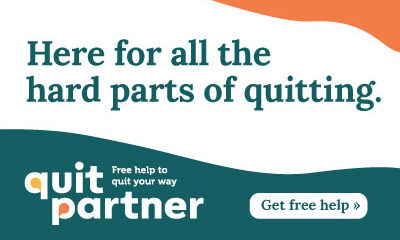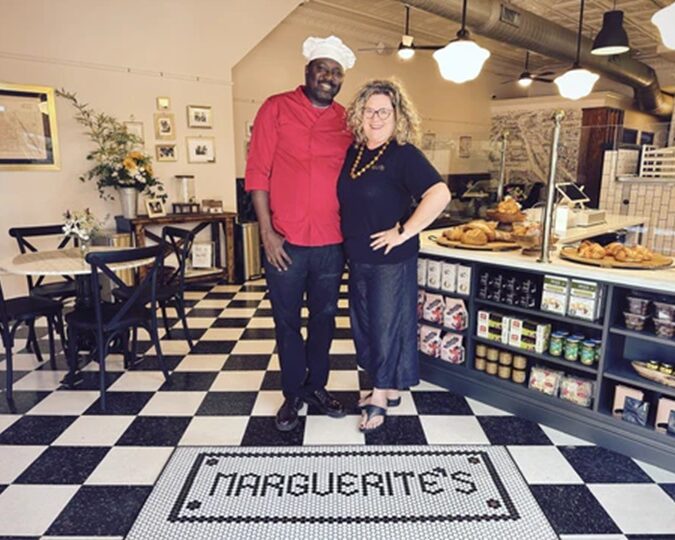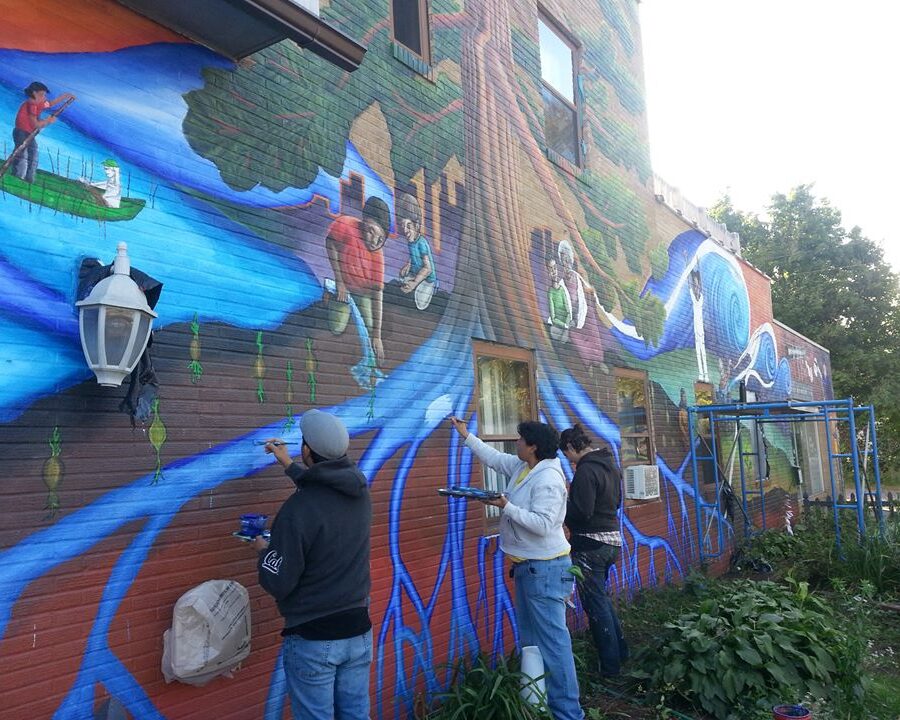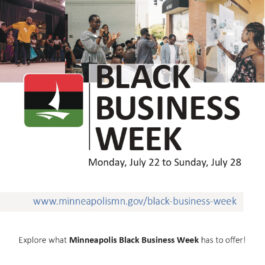BY CAM GORDON
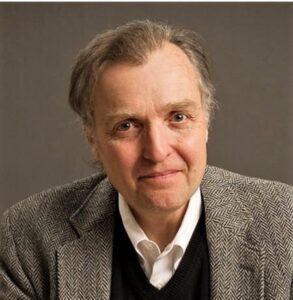
Cam Gordon
The new term of the Minneapolis City Council is off to an ambitious start.
They have hit the ground running with a new meeting space, new leadership, and a long list of new legislation that a few months ago would have looked impossible to get passed.
They are also still divided.
Less than two months into the new term, and with only two wards (7 and 12) going to new council members, some changes have been dramatic, and the consequences could be significant. With Ward 7 electing Katie Cashman and Ward 12 Aurin Chowdhury, a new majority has emerged, and they seem determined to make new policy with or without the mayor’s support.
Based on the early votes taken this year, that majority appears to include Council Members Elliott Payne, Robin Wonsley, Jeremiah Ellison, Jamal Osman, Jason Chavez and Aisha Chughtai in addition to the two new members.
In the first two legislative cycles, and meeting in their new space in the public service building at 450 South 4th St. while their offices in City Hall are being renovated, the council members introduced 21 ordinance amendments.
The new council majority flexed its muscles within weeks of the new term when, at their Feb. 8 meeting, they overturned Mayor Jacob Frey’s veto of a resolution supporting a permanent cease-fire in the Middle East.
They also voted for new leadership. The previous council president, Andrea Jenkins (Ward 8), and vice president, Linea Palmisano (Ward 13), were not only voted out of those positions, but will no longer chair any of the major committees.
Similarly, Emily Koski (Ward 11) and Latrisha Vetaw (Ward 4), who had been chairing the powerful budget and public safety committees respectively, have been removed as chairs and will not be chairing any standing committees. Vetaw will not even serve on the safety committee, while Koski will remain, as vice chair, on the budget committee.
On Jan. 8, at their first meeting of the year, on a 10-3 vote, Ward 1 Council Member Payne was elected council president with Vetaw, Jenkins and Palmisano voting “no.” On a vote of 8-5, Ward 10 Council Member Chughtai was elected vice president. Koski and Rainville joined Vetaw, Jenkins and Palmisano in opposing her for that position.
After he was elected president, Payne’s proposed committee organization was approved unanimously, with the chair positions as follows: Administration & Enterprise Oversight, chaired by Ward 2 Council Member Wonsley; Business, Housing & Zoning, chaired by Ward 6 Council Member Osman, Public Health & Safety, chaired by Ward 9 Council Member Chavez; Climate & Infrastructure, chaired by new Ward 7 Council Member Cashman; Budget, chaired by Council Member Chughtai; Committee of the Whole chaired by Chavez; and Intergovernmental Relations, chaired by Ward 12 Council Member Chowdhury.
Ward 5 Council Member Ellison, despite having served on the council since 2018, will not chair a single committee, leaving both of the Northside council members out of any committee leadership positions.
“I look forward to unifying my council colleagues and the mayor around our shared priorities,” said Payne after being elected president.
Those intentions are hopeful, but, given the last two years and the rocky start to this one, that may take some work. This could be a good time for the mayor and council to define and approve a new shared vision, as well as a set of values and goals for the years ahead more deliberatively.
It has been done before.
It is typical and expected that with each new term elected policymakers use what they learned campaigning to set priorities for the term ahead.
In years past, it was common for newly elected councils and mayors to dedicate time and energy to such tasks early in a term. With staff support, and the inclusion of department heads in the process, it has been done effectively.
Under former mayors Rybak and Hodges, as well as during Frey’s first term, a goal-setting process was developed where staff facilitated meetings with policymakers. The mayor and council members met publicly but informally, in workshop settings, to develop a shared vision and goals for the new term. These were subsequently approved at a formal council and signed by the mayor.
On the city’s website it says, “Every four years we adopt goals and priorities to guide the City’s work.” The vision statement, values, goals and priorities that are listed on that website were approved unanimously by the council and signed by Mayor Frey in March of 2019. That was two elections and nearly five years ago. Ten of the 13 council members who drafted and approved them are no longer in office.
If facilitated well, a goal-setting process has benefits that can go beyond the valuable outcome of formalizing values, goals and priorities. It also gives policymakers the chance to share with each other what they have learned while campaigning and the perspective of their constituents. It can also help policymakers better understand each other, how they think, what they care most about and how they make decisions.
It has the potential to help them see each other as human beings, not just allies or adversaries, but as members of the same team.
The greatest value, however, might be found in how it can send a clear message to city staff, other government jurisdictions, and the public that this council and mayor value each other, and that this is what they are committed to working on together.
Our new Council President Payne made a good start, outlining intentions and priorities in his acceptance speech last month to the council.
There he identified addressing the housing crisis, creating a public health response to homelessness, expanding alternatives to policing, implementing the climate equity plan, and revitalizing commercial corridors as top priorities.
“I’m excited to work alongside the entire city council on these shared priorities,” said Payne. “I’m committed to being a president who can bring the council together to prioritize residents over political expediency and work with Mayor Frey on our shared promise of making Minneapolis a better city for everyone.”
Given the deep division that existed among policymakers last term and during these first weeks of the new term, taking some time to confirm and refine priorities and to develop a common and clear vision of what that “better city” looks like could be worthwhile.
In the meantime, let us wish this new council well, and hope they can listen and learn from each other and find meaningful ways to unite under a common vision, shared values and a set of goals and priorities that benefit us all.




